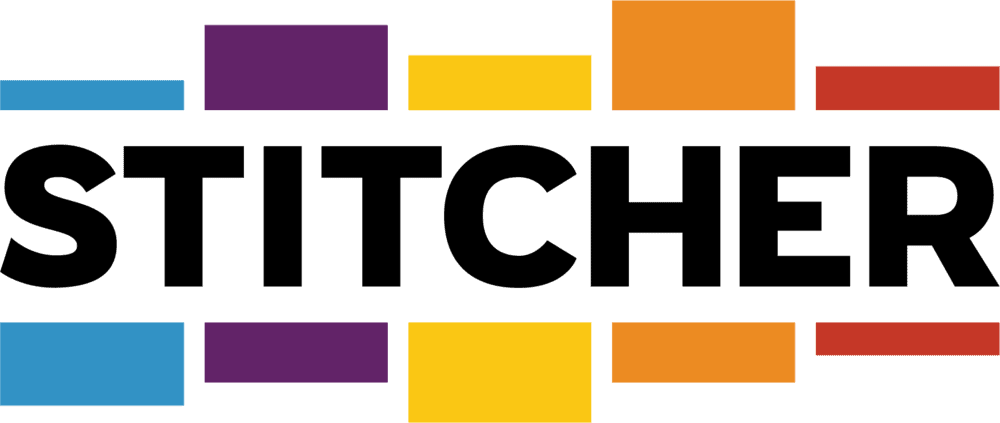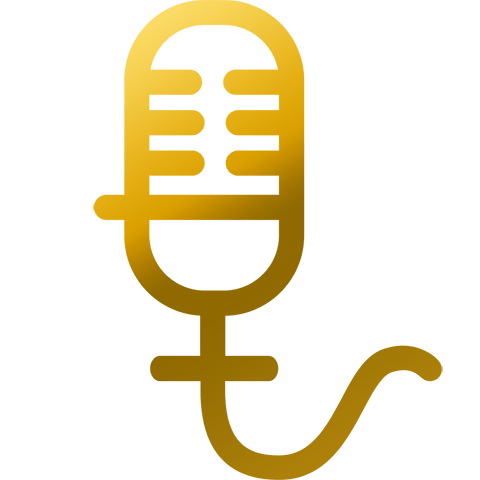Can You Unlearn History And Still Love Your Country? With Dolly Chugh
Learning ALL the parts of our country’s history can be very uncomfortable. Not just in the US, but around the world, there are usually very dark parts of our past that many of us would rather brush over because it doesn’t marry up with the sterilized version of what we were taught when we were younger.
While many of us are willing to take the next step, to unlearn our history and dismantle the unjust systems that our forebears built, few of us actually know how to go about it effectively. Our wonderful guest on this episode, Dolly Chugh admits to her own story of how she inadvertently taught her kids a polished version of history. And in her own personal reckoning around this experience, wrote the book that she found herself needing to read. And we are delighted to be talking with her about “A More Just Future: Psychological Tools for Reckoning with Our Past and Driving Social Change” because it is now a valuable tool for all of us.
We tend to blame the victims more when something happened in the past. ~ Dolly Chugh, Episode 325 Share on XDolly Chugh is a Harvard educated, award-winning social psychologist at the NYU Stern School of Business, where she is an expert researcher in the psychology of good people. We’ve previously had Dolly on the show but we are thrilled to welcome her back to discuss her brand new book.
Topics
(2:07) How Little House On The Prairie led Dolly to write A More Just Future.
(9:24) Behavioral History – the new way of looking at the past?
(11:10) Why do we find it so difficult to talk about the dark parts of our history?
(14:08) How “dressing for the weather” can help us deal with our emotional responses.
(17:56) What other countries can teach the US about our response to history..
(19:37) How a Paradox Mindset can help us sit with uncomfortable truths.
(23:28) How does Dolly feel about America after writing the book?
(26:12) How do we move forward to a more just future?
(29:28) Unlearning our past is simple but not easy.
(31:49) Why is George Takei a gritty patriot?
(37:51) What is belief grief?
(39:42) How psychological distance creates a “long time ago illusion”.
(41:37) Using music to anchor us in time.
(44:52) What question Dolly would ask Max Bazerman?
(47:54) Grooving Session with Tim and Kurt discussing A More Just Future.
If you are a regular listener to Behavioral Grooves, please consider donating to our work through Patreon. Writing a review of the podcast is also a great way to share your appreciation with other listeners.
© 2022 Behavioral Grooves
Other Episodes You Will Enjoy
Episode 230, How Good People Fight Bias with Dolly Chugh
Episode 280, Do We Judge Others By The Way They Speak? | Katherine Kinzler PhD
Episode 321, Robert Livingston: How To Have A Conversation About Racism
Episode 232: Katy Milkman: How to Make Healthy Habits that Actually Last
Podcast: Play in new window | Download
AIRDATE: October 31, 2022 EPISODE 325
Podcast: Play in new window | Download
Can You Unlearn History And Still Love Your Country? With Dolly Chugh
Featured Guest

Dolly Chugh
LINKS
Dolly’s book “A More Just Future: Psychological Tools for Reckoning with Our Past and Driving Social Change “: https://amzn.to/3Cgs9eq
Episode 230, How Good People Fight Bias with Dolly Chugh: https://behavioralgrooves.com/episode/how-good-people-fight-bias/
Dolly’s TED Talk: “How to let go of being a “good” person — and become a better person”: https://www.ted.com/talks/dolly_chugh_how_to_let_go_of_being_a_good_person_and_become_a_better_person?language=en
Episode 280, Do We Judge Others By The Way They Speak? | Katherine Kinzler PhD: https://behavioralgrooves.com/episode/judging-by-the-way-others-speak/
Historiography: https://en.wikipedia.org/wiki/Historiography
Dan Gilbert “Stumbling on Happiness”: https://amzn.to/3zdV4iD
Episode 321, Robert Livingston: How To Have A Conversation About Racism: https://behavioralgrooves.com/episode/a-conversation-about-racism/
Angela Duckworth “Grit: The Power of Passion and Perseverance”: https://amzn.to/3suuRZh
“Construal-Level Theory of Psychological Distance” Yaacov Trope and Nira Liberman (2011): https://www.ncbi.nlm.nih.gov/pmc/articles/PMC3152826/
Max Bazerman “Complicit: How We Enable the Unethical and How to Stop”: https://amzn.to/3TSE7lB
Episode 232: Katy Milkman: How to Make Healthy Habits that Actually Last: https://behavioralgrooves.com/episode/katy-milkman-habits-that-last/
Behavioral Grooves Patreon: https://www.patreon.com/behavioralgrooves











